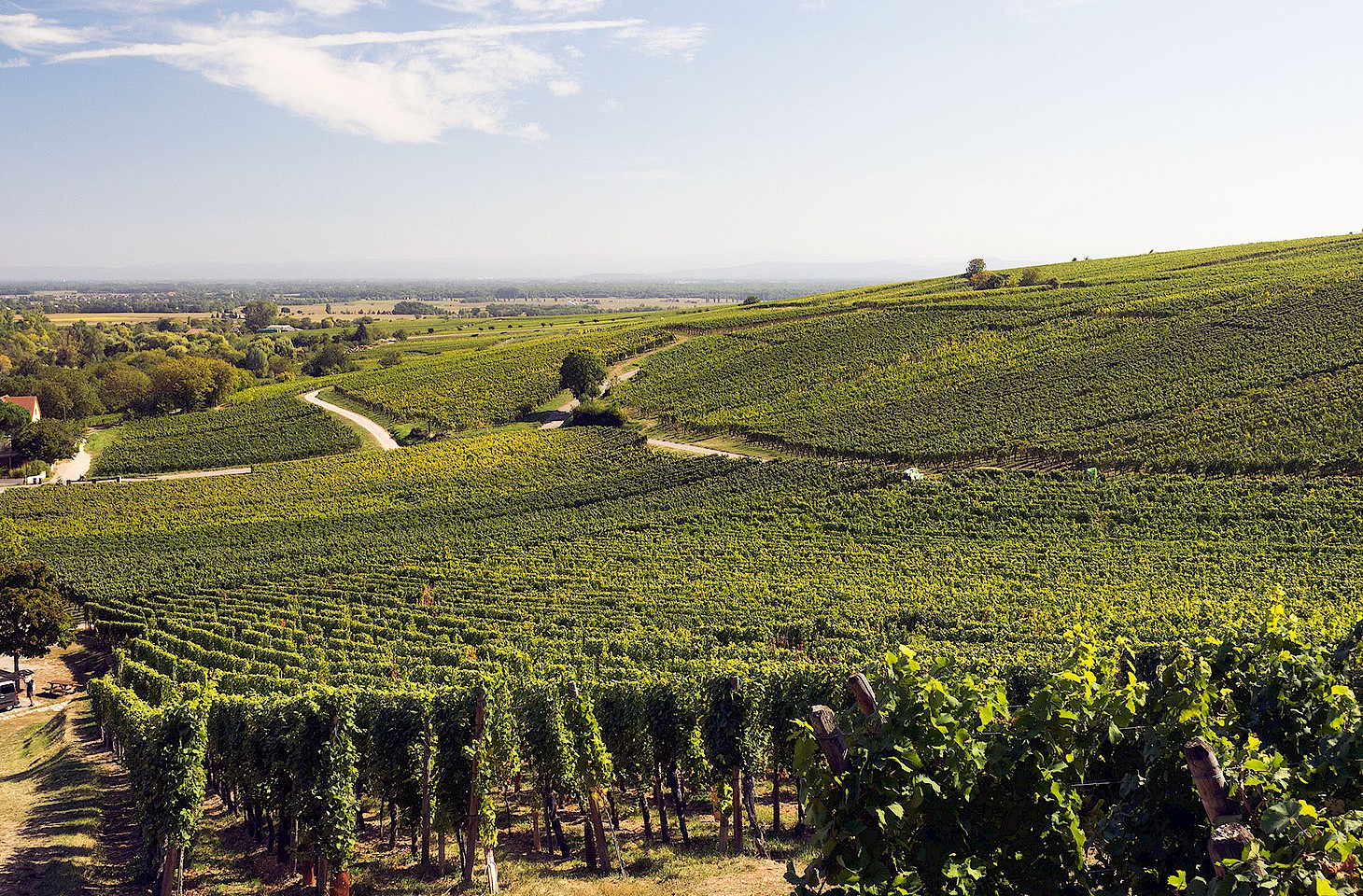Dear fellow travellers
There is not much to be said for Reykjavik." That, at least, was the opinion of WH Auden when he arrived in Iceland in June 1936. A few weeks later, Irish poet Louis MacNeice joined Auden and the two men took to the hills of Iceland's wild interior on horseback. That Icelandic break came at the right time for MacNeice. He was in the middle of a painful divorce; in joining Auden, he traded in the lonely comforts of London life for the convivial discomfort of life in the hills with an amiable fellow traveller.
"Holidays should be like this," wrote MacNeice in his 'Epilogue for WH Auden', the poem which concludes Letters from Iceland (published by Faber & Faber in 1937). This volume is a remarkable piece of travel writing - part poetry, part prose - that warrants a place in the canon of twentieth-century travel literature. It includes fine work by both Auden and MacNeice. The latter's 'Eclogue from Iceland' nicely revives an ancient poetic genre (of which MacNeice is surely the best exponent since eclogues fell out of fashion in English writing two hundred years earlier). That eclogue was reprinted in MacNeice's 1938 collection The Earth Compels, a volume which, even more than Letters from Iceland, is coloured by the advancing shadows of war in Europe.
Auden's poem 'Letter to Lord Byron' is the contribution to the Iceland collection for which he is most remembered. It is one of Auden's most accomplished pieces. MacNeice's 'Eclogue' and Auden's 'Letter' remain well above the literary horizon, yet the words that both men penned about Iceland have slipped into the shadows. Auden was not much impressed by Reykjavik, as we have seen, though he did slip in a good word for the cream cakes at a café in the capital. We don't expect men of letters to need such prosaic diversions.
The two poets gave detailed advice on what to wear, but did not always agree: "I always wore flannel trousers and pyjamas under my riding breeches," declared Auden. MacNeice added a clarifying note: "I did not wear nearly as much as this."
Auden had a chance to revise his views on Reykjavik half a lifetime later when he returned to Iceland in 1964. MacNeice had died of pneumonia a few months earlier, having been caught out on the Pennines in a rainstorm, where he suffered an awful drenching. How Auden must have wished that his friend had heeded his advice about the wisdom of going better dressed when venturing out into the hills.
On his 1964 visit to Iceland, Auden found the capital city very different from the down-at-heel town he remembered. A new modernity was penetrating into rural Iceland too. Farmers had traded in their ponies for Land Rovers.
For Auden and MacNeice, Iceland was more than a territory to be mapped and described. As for many other writers before them (including of course William Morris), the wilderness of Iceland was an antidote to their lives at home. The northern aspect of the country sparked their imaginations in a manner that elides many guidebook writers today. Perhaps travel writing needs a few more poets. Ultimately it is not places but more the soul and spirit of writers that supply the creative spark. In his 'Epilogue for WH Auden', MacNeice quotes a few words from Auden himself: "The North begins inside."
Nicky Gardner and Susanne Kries
(editors, hidden europe magazine)



